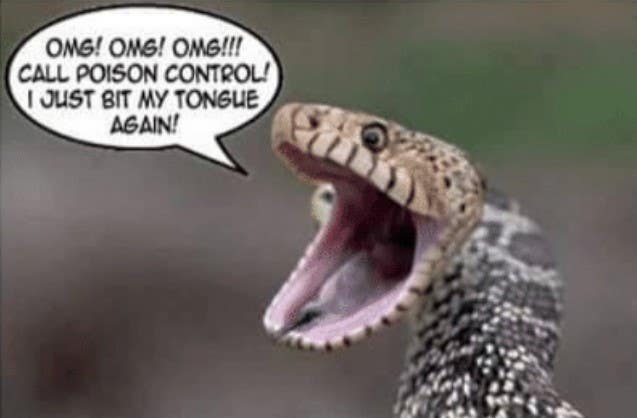The Brighter 5: Five funny jokes to celebrate World Snake Day with a laugh
World Snake Day, held every year on July 16, aims to increase awareness regarding the over 3,500 snake species that exist across the world.

[July 15, 2021: Josh Shavit]
World Snake Day, held every year on July 16, aims to increase awareness regarding the over 3,500 snake species that exist across the world. Yes, that’s a lot of snakes! And, guess what? Not all of them are as scary or poisonous as we believe them to be. The fascinating reptiles are often not given the recognition they deserve just because of the bad reputation they have earned over the years. For instance, a friend who is a traitor is known as a ‘snake.’ The day aims to change the negative perception surrounding snakes and promote the love for all living beings — even the ones we fear.
The English word ‘snake’ comes from the Old English word ‘snaca.’ The reptile is thought to have come from terrestrial lizards that existed around 174.1 million to 163.5 million years ago. In fact, Eophis underwoodi, the oldest fossil snake, lived in England about 167 million years ago.
Here are today's 5 funny snake-themed jokes to get you into a happy place.
1. Snake Matrimony.
“”
2. Snakes are sneaky.
“”
3. Political snakes
“”
4. Snake games
“”
5. Snakes love to drive
“”
Bonus Snake Joke
“”
For more good news stories check out our Good News section at The Brighter Side of News.
Like these kind of feel good stories? Get the Brighter Side of News' newsletter.
Tags: #Good_News, #Jokes, #Daily_Top_5, #The_Brighter_Side_of_News



